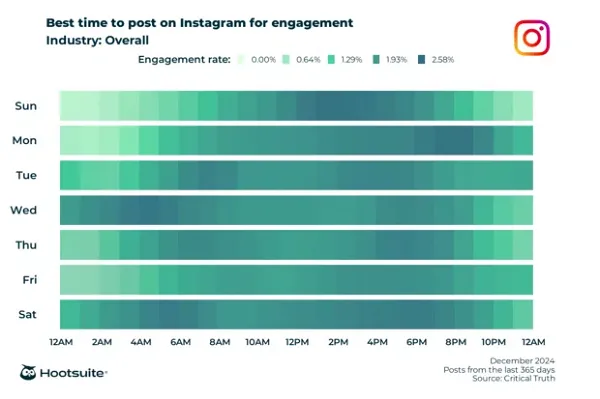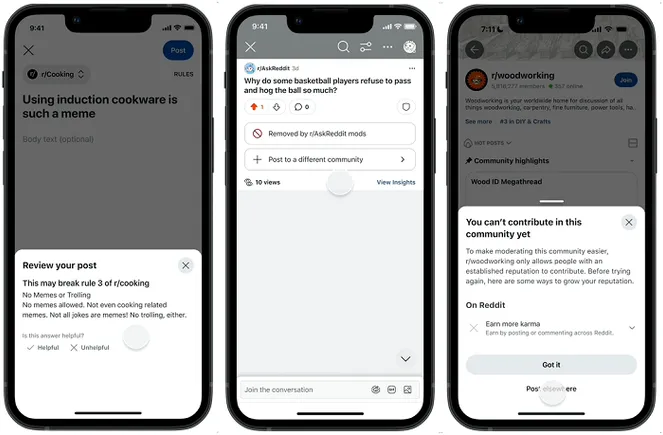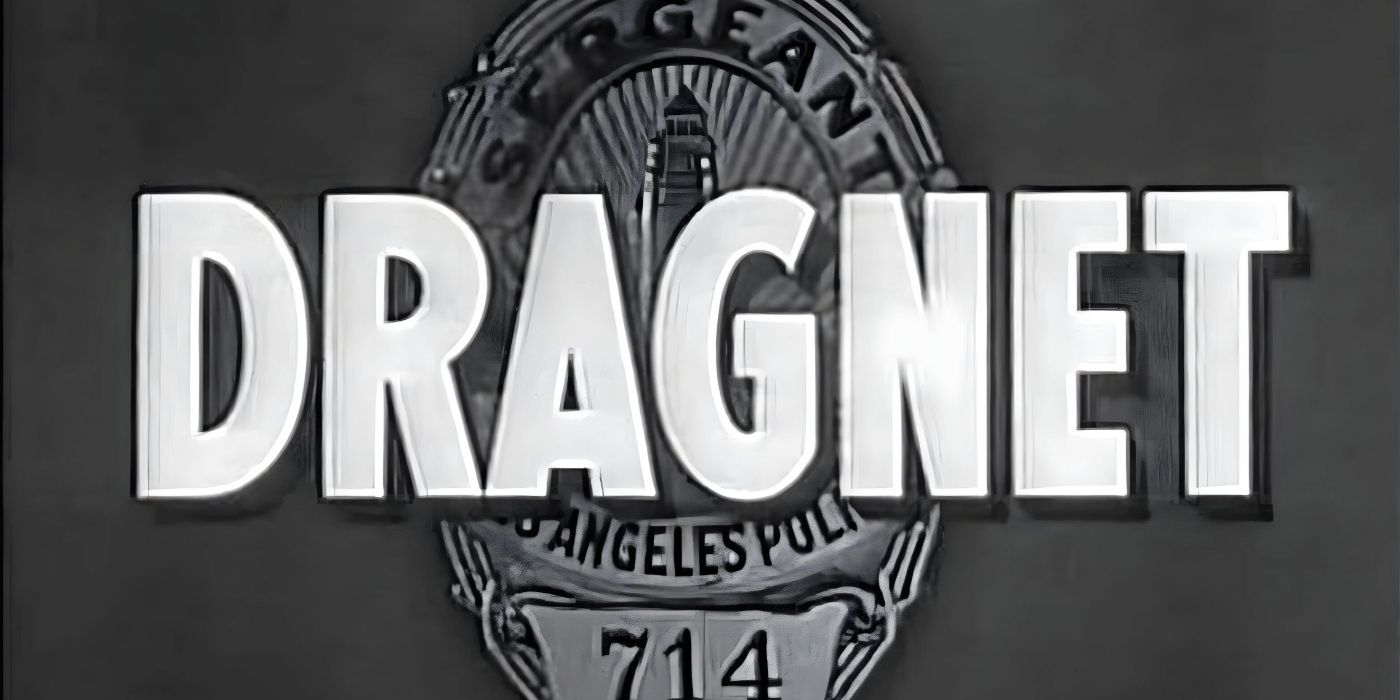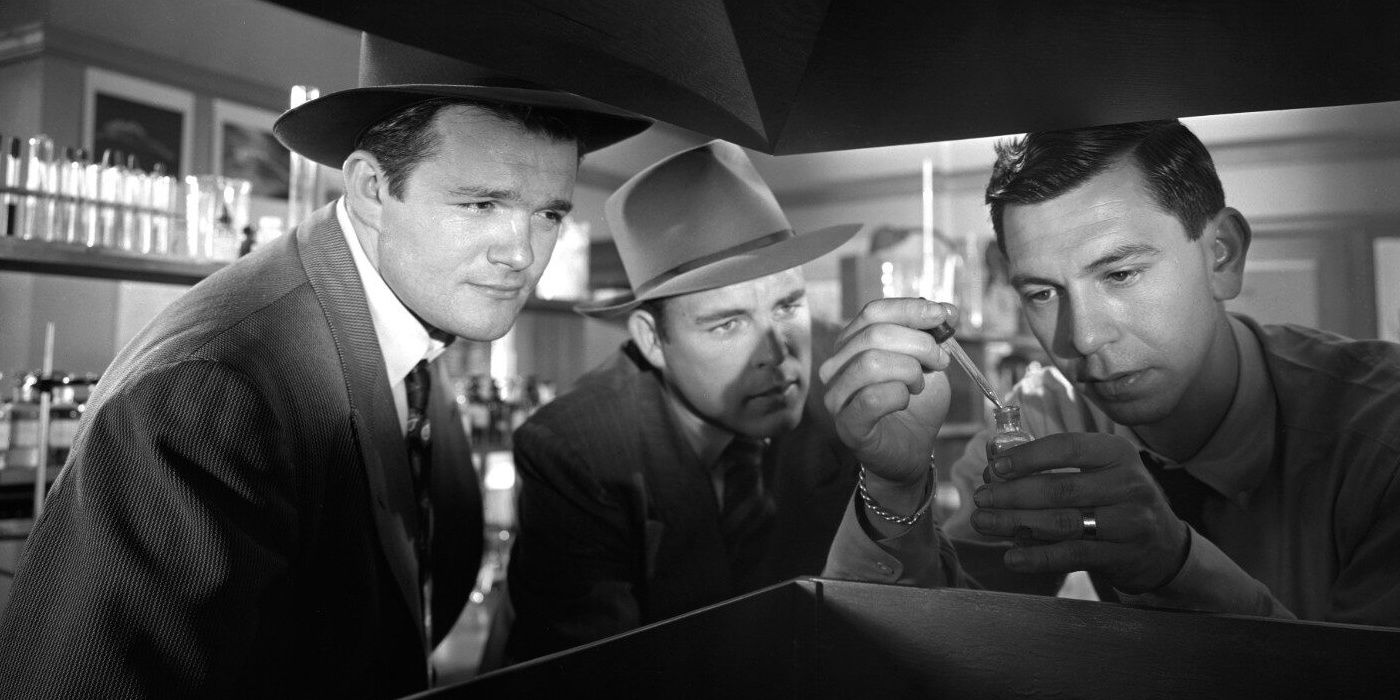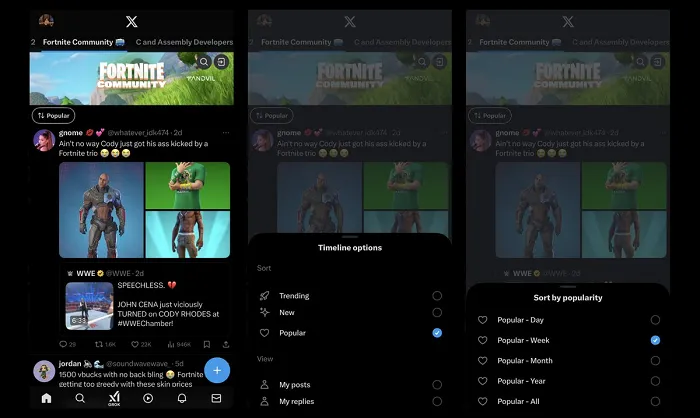The Big Picture
-
Dragnet
pioneered the copaganda police procedural genre, influencing future shows’ glorification of law enforcement. -
He Walked By Night
indirectly contributed to America’s whitewashed law enforcement image by introducing the collaborators who would make
Dragnet. - Shows like
Law & Order, Miami Vice,
and
Criminal Minds
pale in comparison to
Dragnet
‘s influence, but follow the older show’s lead in their whitewashed portrayal of the police.
If you’re a sucker for a good police procedural, then you’ve got yourself a wide array of options. You could go with the vast universe of Law & Order, the drop-dead gorgeous vibes of Miami Vice, or the smoking-hot cast of Criminal Minds. Whatever your taste may be, all of these shows stand in the shadow of Dragnet, and it would be wise of you to pay respect to that. Dragnet created the idea of the copaganda police procedural more than any other show and actually found its origins in a little-known noir film that served as the blueprint for Dragnet, both for its stripped-down approach to detective work and for how it got two people to meet each other who would wind up forming the genesis of the idea. Let me introduce you to He Walked By Night.
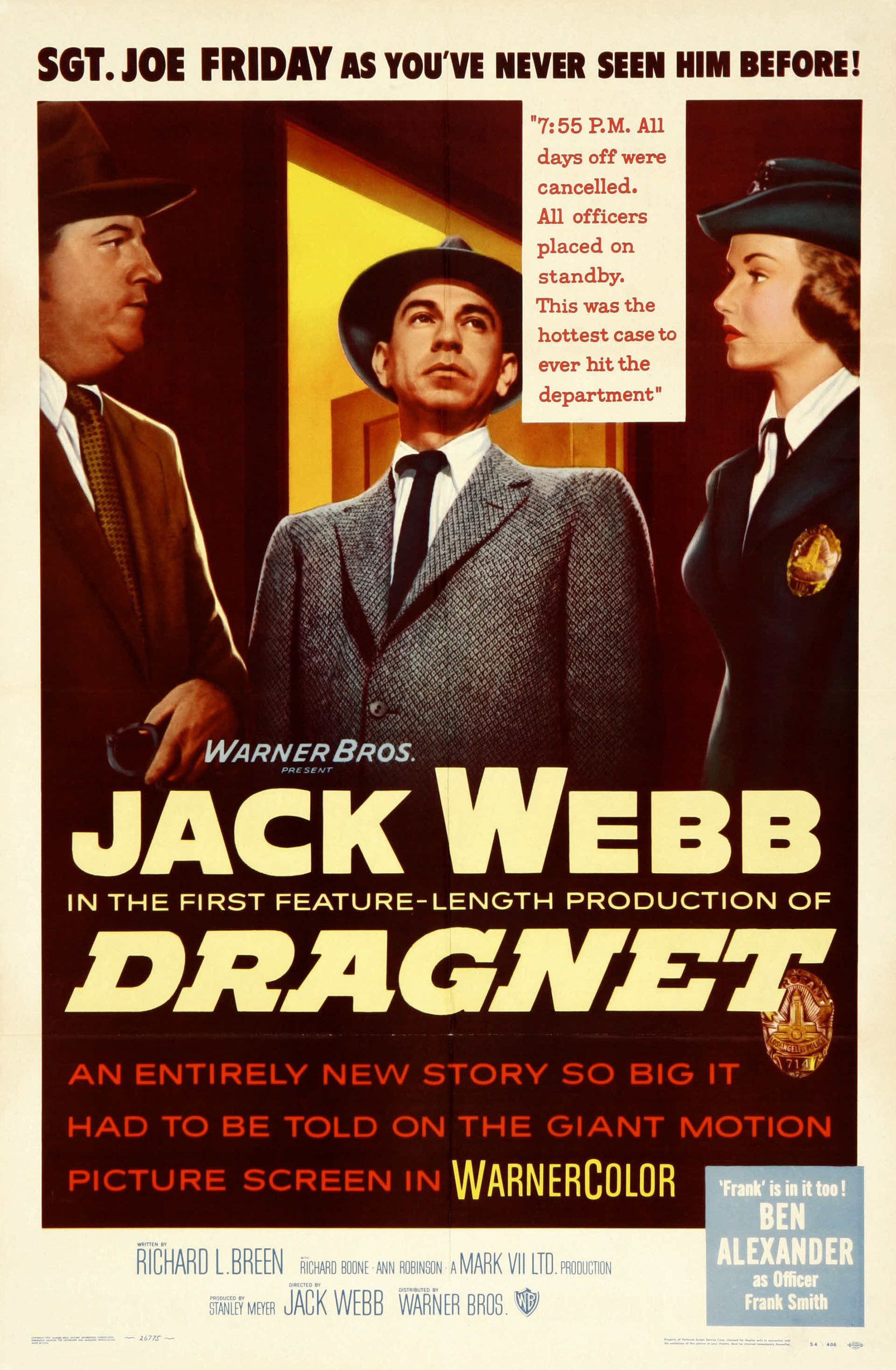
Dragnet (1954)
Two homicide detectives investigate the brutal shotgun murder of a crime syndicate member.
- Release Date
- September 4, 1954
- Director
- Jack Webb
- Cast
- Jack Webb , Ben Alexander , Richard Boone , Ann Robinson
- Runtime
- 88 minutes
- Main Genre
- Film Noir
- Writers
- Richard L. Breen , Harry Essex , Jack Webb
What is ‘He Walked By Night’ About?
Striving for a fusion of documentary realism and standard noir conventions, He Walked By Night is a straightforward recounting of the Los Angeles Police Department’s hunt for a wanted criminal known for robberies and shooting cops. With a preamble at the beginning that establishes how everything in the film is “facts taken” as happened from real police files, the film relies on this framing device of fealty to the truth to make up for a rather predictable story. The acting is largely drained of personality, with all the LAPD figures trying to be as stoic as possible. Meanwhile, all the citizens are pitched to the quaint flavor of Americana that Pleasantville skewered. All the elements we’ve come to expect in a procedural are here: the collecting of evidence, analyzing physical specimens for prints or DNA, the gathering and questioning of suspects, compiling a possible picture of the suspect using eyewitness testimony, and so on. The longer the LAPD can’t catch what’s honestly a pretty typical criminal on your weekly television show, the more they proclaim he’s a “genius,” hinting at the underlying intention that this film is trying to showcase the LAPD as a highly laudable crack team who are very good at their job, you guys. It’s commendable that the film punches above its class and tries to add a sense of danger and tension to the plot twists. However, it just makes the proceedings feel drawn out and lacking any energy, which is only aggravated by how humorless the approach is.
Besides, the film itself isn’t as important as the show inspired. What is important is the relationship it created between two crew members who got to discussing an idea.Per J.R. Jones’ informative article on this backstory, LAPD Sgt. Marty Wynn, the film’s technical advisor and the real-life version of Kevin Spacey‘s character in L.A. Confidential, struck up a rapport with Jack Webb, an actor playing the forensics specialist. Webb was most known for being the star of his radio show Pat Novak for Hire, playing the titular detective, and his small role in He Walked By Night served as his attempt to transition into film. Wynn made a crack about how his radio show was “a fantasy” and encouraged Webb to do something more accurate to real police work. Taking him up on this idea, Webb used Wynn’s connections to acquire actual police records on various cases “with a meticulously accurate representation of police detectives evaluating forensic evidence, interviewing witnesses, and building a case for the district attorney’s office.” This would become Dragnet, which officially debuted on ABC airwaves in June 1949. It proved so popular that once television became the dominant form of home entertainment, it became a television show that aired from 1951 to 1959. That television show was so popular that it became the first show to spawn a spin-off movie for the big screen in 1954.
‘Dragnet’ Was Authentic In Its Depiction, Yet Deceitful In Its Intentions
The primary draw of the show was how accurate it was in its depiction of the LAPD, capturing the mundane processes of red tape, using the little jargon cops would share, and featuring replica sets of actual rooms in the LAPD’s buildings. With that accuracy came a treacherous deal: to get the proper resources (think badges, cop cars, etc.) and case files to base episodes on, Webb, who served as the “showrunner” and director of every single episode, had to gain approval through William Parker, the chief of the LAPD. A public affairs wizard who had only recently become chief of the already beyond-decrepit department, Parker knew a plum opportunity when he saw one and ensured that Webb could only make the show he wanted if he painted the LAPD in the best possible light. Considering this is the man largely responsible for instituting the LAPD’s self-serving internal investigations of corruption and their ruthless street practice of brutal crime prevention by any means necessary, it’s no surprise that Parker would figure out how to turn Dragnet into a coordinated weekly propaganda piece. So yes, the LAPD always catches their crooks with proper procedure and tact. But they never use violent force when it’s unwarranted, they never racially profile innocent minority people, and they never have a single corrupt cop on the entire force. While the most notorious instances of the LAPD’s injustices didn’t happen until decades later, it was still a prominent enough specter that, for the show (and, by extension, Webb) to gloss over all of those cracks in the facade is an act of willful historical revision in service to the white supremacist ideology that the LAPD was loyal to.
The Legacy of ‘Dragnet’ as An Influence On Copaganda
That unwillingness to integrate problematic law enforcement practices is arguably the bedrock of all the shows that would come to exist in the ensuing decades. Think of any show that revolves around the weekly procedural format, and I bet you they only touch on any real societal structure complications in a “very special episode” format. Most of the time, you’re going to be getting glorifications of the best possible versions of the police or detective practices. Blue Bloods presents a world where being part of a multi-generational empire of cops is a noble source of pride, Law & Order: SVU presents a world where sex crimes almost always get solved promptly, and Chicago P.D. has contributed to a television empire that pretends that the Chicago PD isn’t right behind the LAPD in the rankings of notably corrupt and racist American police forces. I suppose it’s easy for some to look past this if all they want from their television viewing is long-running ships and the same handful of character dynamic-based jokes over and over, but it’s still a profoundly rotten foundation on which to get such entertainment. Regarding Dragnet, it doesn’t help that its few attempts at social commentary were pretty paltry. When the show was revived from 1967 to 1970, the most it could muster was bare-bones lip service to including black cops on the force and helping out minority communities. That is when the show didn’t spend the rest of its time complaining about “hippies and drug culture,” exposing itself as the glorified boomer nostalgia alternate history trip it always was.
Is any of this really the “fault” of He Walked By Night? By the nature of domino logic, where one thing happens and then something happens because of the one thing happening, then yes, it is. If that film hadn’t been made, Jack Webb and Marty Wynn would never have met and traded ideas that would become Dragnet. Furthermore, it stands to reason that there was a level of intent in making the original film since this was the same era of Hollywood where J. Edgar Hoover was openly influencing films to portray the FBI in a manner that recalled the superheroes of pulp comics. At the same time, given how cheap the film is and the fact that it wasn’t produced by a major studio or given a big push, it was perhaps unconsciously done. There’s no way it was fully intended to be the next step in the crusade to whitewash America’s law enforcement image. Then again, big things often come from small beginnings, and this “little movie that could” wound up contributing to one of the bedrock lies that make up the illusion that is America, and that’s a fact.
He Walked By Night can be watched on Tubi in the U.S.






















































